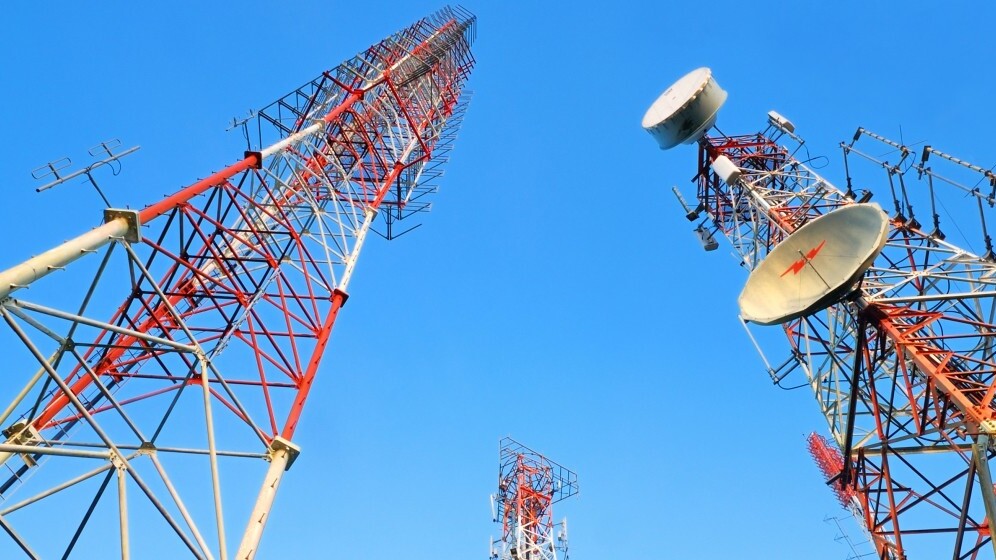
The UK telecoms regulator Ofcom has released a report looking at the performance of 3G and 4G connectivity in the UK across major operators, and has found that while EE and O2 deliver higher than average 4G speeds, Three is lagging behind.
Released today, the report (PDF) used data from 210,000 indoor and outdoor smartphone tests in five UK cities between March and June this year. The tests, which looked at HTTP download/upload speeds, the time it took to load a standard Web page and network latency, were all carried out by experience Ofcom engineers, rather than self-submitted by users.
Overall, the average 4G download speed in the UK is 15.1Mbps. EE’s network, however, delivered average download speeds of 18.4Mbps and O2 managed 15.6Mbps. Just below that average figure was Vodafone’s 4G service with download speeds of 14.3Mbps, and at the bottom is Three with speeds of just 10.7Mbps.

However, download speeds don’t necessarily translate to faster Web browsing. In fact, Three – the network with the slowest download and upload speeds – performed best here with an average page load time of 0.62 seconds on 4G. Incidentally, it also offers the fastest 3G page loading times too, at 0.93 seconds. Three also scored the lowest latency scores across both 3G and 4G tests.
Less surprisingly, the report also found that overall 4G speeds were more than twice as fast as 3G speeds – 15.1Mbps versus 6.1Mbps.
What does it all mean?
While having the raw figures to hand can obviously help consumers make a better choice about which operator or services they want to pay for, it’s necessary to understand how they effect the mobile experience.
For example, while EE is offering faster download and upload speeds on 4G connections, if most of your usage is multi-tab browsing and video calls, you’d actually be better off making a decision based on Web browsing speed and latency. Of course, if you download music or video, or upload a lot of photos to social media, you’d be better off basing your decision on the raw download and upload speeds.
With the rise of services like Netflix and Amazon Prime Instant Video, Ofcom also points out that while a sufficient download speed is obviously required to stream video content, the data caps on your package are probably a more important consideration than just speeds, as this kind of activity tends to consume a lot of data.
This report isn’t a one-off from Ofcom; it will continue to collect data and update the findings with a new report in Q2 2015, it said.
Image credit – Shutterstock
Get the TNW newsletter
Get the most important tech news in your inbox each week.




